Dorset Opera seems to receive far less coverage than the rest of the country-house summer shows, although it is in most respects well up to the standard of any of them except Glyndebourne, which is in a category, social and artistic, of its own. The Dorset productions take place in the Coade Theatre of Bryanston School, and are the result of a brief but what must be an incredibly intense period of preparation, with some big names in the major roles, and the smaller parts and chorus taken by a large collection of young singers who are strenuously trained for the week-long rehearsals. I like going on the last day, when one opera is performed at 2 p.m. and another at 7 p.m.
The first opera this year was Tchaikovsky’s Eugene Onegin, sung in a new English translation, though for much of the time it might have been in Kazakh for all that one could understand. Enunciation is something that Dorset, like every other operatic enterprise, needs to work on.
Eugene Onegin ought really to be called Tatyana, the heroine being the only character that Tchaikovsky could identify with and bring to vivid life. The remainder are on a fairly steep slope of inertia, with the eponymous anti-hero well towards the bottom. He was taken by Mark Stone, who made Onegin, to begin with, even more glacial than usual and certainly than he need be, but became more animated later. Stone flirted convincingly in the fatal country-ball scene, and gave his impressive all to the final scene, in which the by now supremely self-possessed Tatyana refuses to give way to his implorings, leaving him to bewail his ‘fate’, which is what the composer and his creations are almost all reduced to. This final scene is interesting because it is dramatically intense but musically factitious, in a very similar way to the final duet of Carmen, though with less extreme results. Anna Patalong, as Tatyana, was thrilling and moving throughout, with a beautifully warm timbre and a dramatic gift to match.
A pity, perhaps, that the production by Paul Carr was prop-less, because it — and he — encouraged the singers for each of their meaty arias to come to front centre stage and virtually abandon acting to project their operatic Esperanto over the orchestra. The third doomed lover (Tchaikovsky loses all interest in Olga and we hear no more of her in the second half) Lensky, the morose poet, was Luke Daniel, perfect in appearance but straining and cracking on too many of his higher notes. As sheer singing David Rendall’s Monsieur Triquet and Brindley Sherratt’s Prince Gremin were perfect, enchanting: Sherratt’s gorgeous pianissimo shading of his self-congratulatory aria should have been recorded. The orchestral playing was on the rough side, plenty of Schwung but slipshod, and the conductor Gavin Carr sometimes let momentum flag, so it seemed longer than usual, for all its merits.
It was amazing, after supper, to hear the opening notes of Verdi’s Macbeth. Jeremy Carnall, Dorset Opera’s music director, made the orchestra sound like a different body, no doubt partly thanks to the contrasting scoring of Verdi, but also because of the thrilling precision he achieved and maintained, and the energy with which he infused every last player and singer. This, my favourite by far of Verdi’s early operas, received a performance in all respects worthy of an international opera house. Macbeth, who in many performances seems less interesting than ‘Lady’, as Verdi called her, and has far fewer exciting things to sing, was taken by Mark S. Doss. I don’t know whether it’s more my fault or his, but he is new to me, and clearly a major artist. Whatever charisma is, he has it to spare, looks marvellous, acts powerfully and has the most impressive bass-baritone voice I have come across in years. He was Dorset’s Dutchman three years ago but I idiotically missed that. Since he is 59 and has sung everywhere, Dorset can congratulate itself on having him as the riveting central figure in this great work.
His Lady was Lee Bisset, and anyone who has seen her Isolde and Sieglinde will know that she, too, is a superb artist. Most Ladys have been heavier-voiced than she, and no one could pretend that she sounded as terrible as Verdi indicated, but in some ways that made her, with her refined coloratura, more menacing. The casting throughout was strong, with Leonardo Capalbo making Macduff an engaging figure in the English scene, and Michael Druiett an exceptionally vivid presence as Banquo, though I regretted his non-appearance as a ghost. The witches were a fearsome crew, partly on account of their sheer number, partly for the huge relish with which they foretold Macbeth what he was up for or into: this variety of Fate scared me more than Tchaikovsky’s. A performance that I shan’t forget.
The post Dorset’s winning formula appeared first on The Spectator.
Got something to add? Join the discussion and comment below.
Get 10 issues for just $10
Subscribe to The Spectator Australia today for the next 10 magazine issues, plus full online access, for just $10.
You might disagree with half of it, but you’ll enjoy reading all of it. Try your first month for free, then just $2 a week for the remainder of your first year.

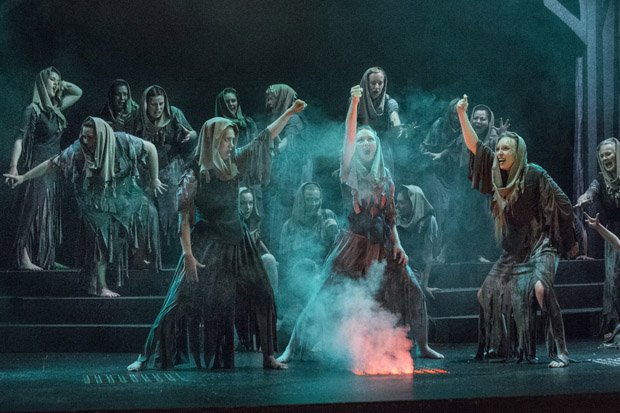
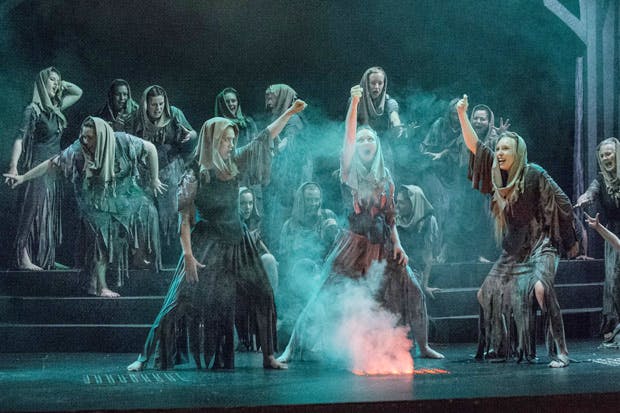
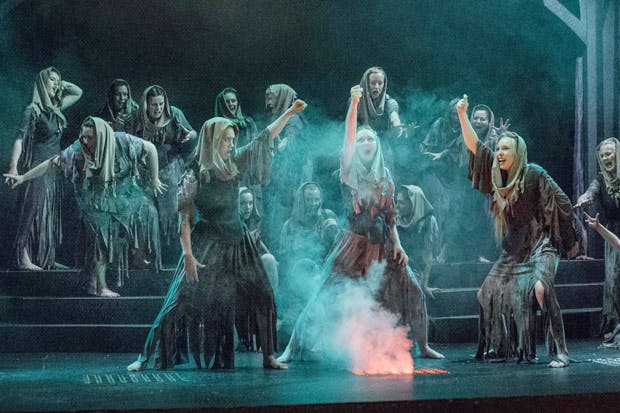

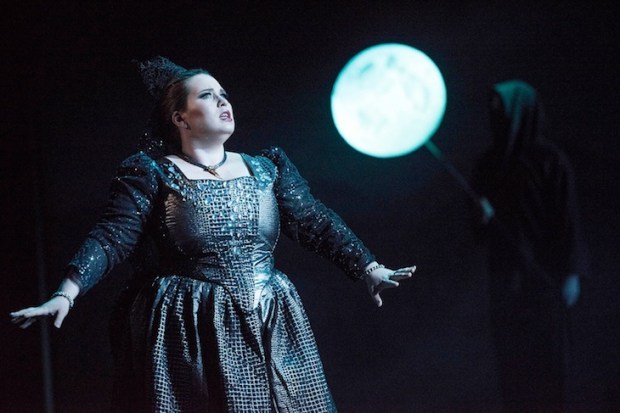
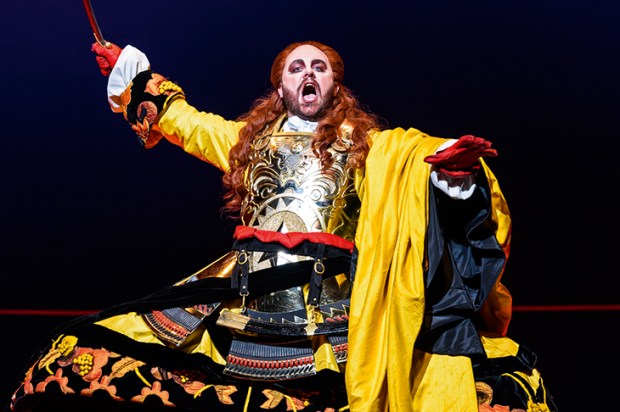
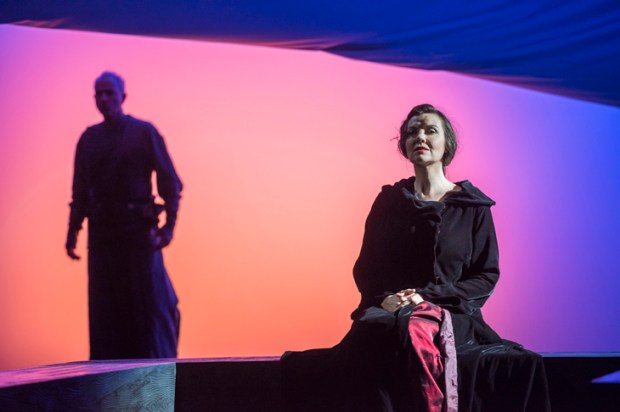






Comments
Don't miss out
Join the conversation with other Spectator Australia readers. Subscribe to leave a comment.
SUBSCRIBEAlready a subscriber? Log in